I'm writing a powershell script to ping all the servers and check which are offline. but i have a bug. By name it works perfectly. But when i do test-connection with an IP it seems to work BUT i cant output the name of the IP in the hashlist. Could someone help me figure this out? Thanks!!
System.Collections.Hashtable.keys Is online/available, This is what it outputs. But i want it to say "Servername is online/available"
#Creating IP Array list
$ip_array = @{
Server = [ipaddress] "192.168.1.1"
sws = [ipaddress] "192.168.1.1"
}
Foreach ($ip in $ip_array)
{
if((Test-Connection -IPAddress $ip.values.ipaddresstostring -quiet -count 1 ) -eq $false)
{
write-output("$ip.keys Is offline/unavailable, please troubleshoot connection, script is terminating") | Red
}
else
{
$ping = $true
write-output("$ip.keys Is online/available") | Green
}
}
